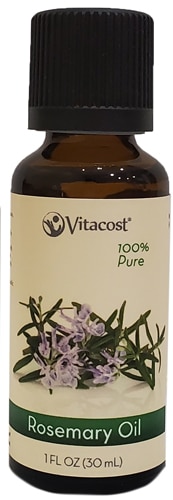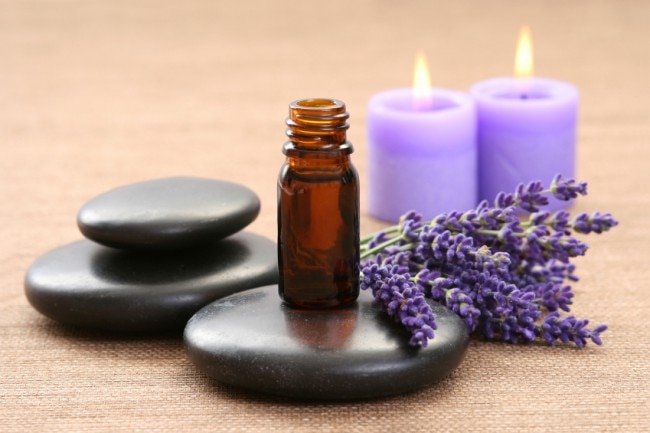When was the last time you changed your HVAC filter? Were you surprised by how much was trapped in the used filter? That’s really only a portion of what lurks in the air in your home. Dust and dander are common, but if you use air fresheners, you’re adding chemicals to the air your family breathes. Ditch the plugins and sprays and switch to essential oils. High-quality essential oils are distilled from plants, and when used correctly, can help clean the air in your home while providing you with pure, pleasant scents.
The most effective way to use essential oils to cleanse the air and enjoy aromatherapy is to use a diffuser. Ultrasonic diffusers use water along with the essential oil of your choice to create a cool mist. For aromatherapy, stay away from diffusers that use heat. Cool mist diffusers are safer (no burn concerns), and heat can negatively alter the scent of some oils. If you just want to infuse a single room, a 4-ounce diffuser will work nicely. Opt for a larger diffuser to get aromatherapy benefits for the whole house (like this stylish wooden diffuser).
Essential Safety for Using Essential Oils
It’s important to note that essential oils are concentrated, and as such, should be used with a few safety guidelines. Demetria Clark, director of Heart of Herbs Herbal School and author of several books about essential oil use, offers these important safety guidelines:
- Make sure you’re buying a pure essential oil- read the label and look for the botanical name and the common name. The ingredients list should only have the oil name, no other carrier oils. If they have chemical names, it’s probably a potpourri oil and you don’t want to put that on your skin or in a diffuser.
- Make sure you use them properly. Do not ingest essential oils. There are a lot of rumors going around online and none of those have been verified. Don’t put undiluted essential oil on the skin. Use a carrier oil like olive oil, coconut oil, apricot oil, rose hip seed oil, grapeseed oil, or walnut oil. When you begin mixing with a new essential oil, start with a small number of essential oil drops. You can add a few more drops at a time when you learn how you will respond to the oils. Less is more; keep it simple.
- Essential oils can cause different reactions in different people. You can even become over-sensitized after using an oil for a long time. If it makes you uncomfortable, stop using it. Reactions can range from headaches, to nausea, to skin irritation. If you do have a reaction, soak a washcloth with milk and wipe the area to help remove some of the essential oil (the casein in milk binds with oil to carry it away).
- Do your homework, select good oils, stop using if irritation occurs. Just because it’s good for headaches doesn’t mean you’ll like the smell. Anything that makes you uncomfortable is your body telling you to stop using that product.
“Don’t think, “I have to use this whole bottle because I paid for it.” If it makes you feel unwell, give that bottle away and try something else.” Clark also recommends keeping it simple, “Too often we overcomplicate things. Start with one essential oil and follow your diffuser’s instructions. See how you like it and go from there.”
Best Essential Oils to Use in Diffusers
Which oils you use will depend on your current aromatherapy needs. Lavender oil is great if you want to relax and unwind. Use this essential oil in the bedroom to help get a great night’s sleep. Chamomile is also known to help calm the nerves. Try eucalyptus oil to help relieve stuffy noses. If you want a crisp, clean scent, tea tree oil is a great option.
You can also mix oils to create great scents and aromatherapy benefits. Clark suggests starting with a smaller number of drops than a recipe calls for, saying “you can always add more, but if you start with too much then it’s too late. Until you know how you will react to a certain oil or recipe, it’s best to start light.” She provides this simple recipe as a great starter:
Heart of Herbs Summer Sunshine Aromatherapy for Head, Home, and Heart
Use this blend when the winter blues having you feeling “blah” or in the summer to freshen indoor air that can get musty due to humidity.
Each diffuser has its own recommended number of drops, so adjust the drops per your diffuser’s instructions.
4 drops grapefruit essential oil
1 drop rosemary essential oil
1 drop eucalyptus essential oil
Water
You can also use essential oils around the house. Mix a few drops of lemon oil with vinegar for a good house-cleaning mixture that will clean and disinfect hard surfaces like counters, as well as wood furniture. For personal care, try diluting chamomile oil in a carrier oil to treat wounds and skin irritation.
One of the best things about essential oils is their versatility. Try using them different ways to find your favorite usages. If you follow Clark’s essential safety for essential oil use, you’re sure to enjoy using essential oils, and your indoor air quality will likely improve by switching chemical air fragrances for purer options.






